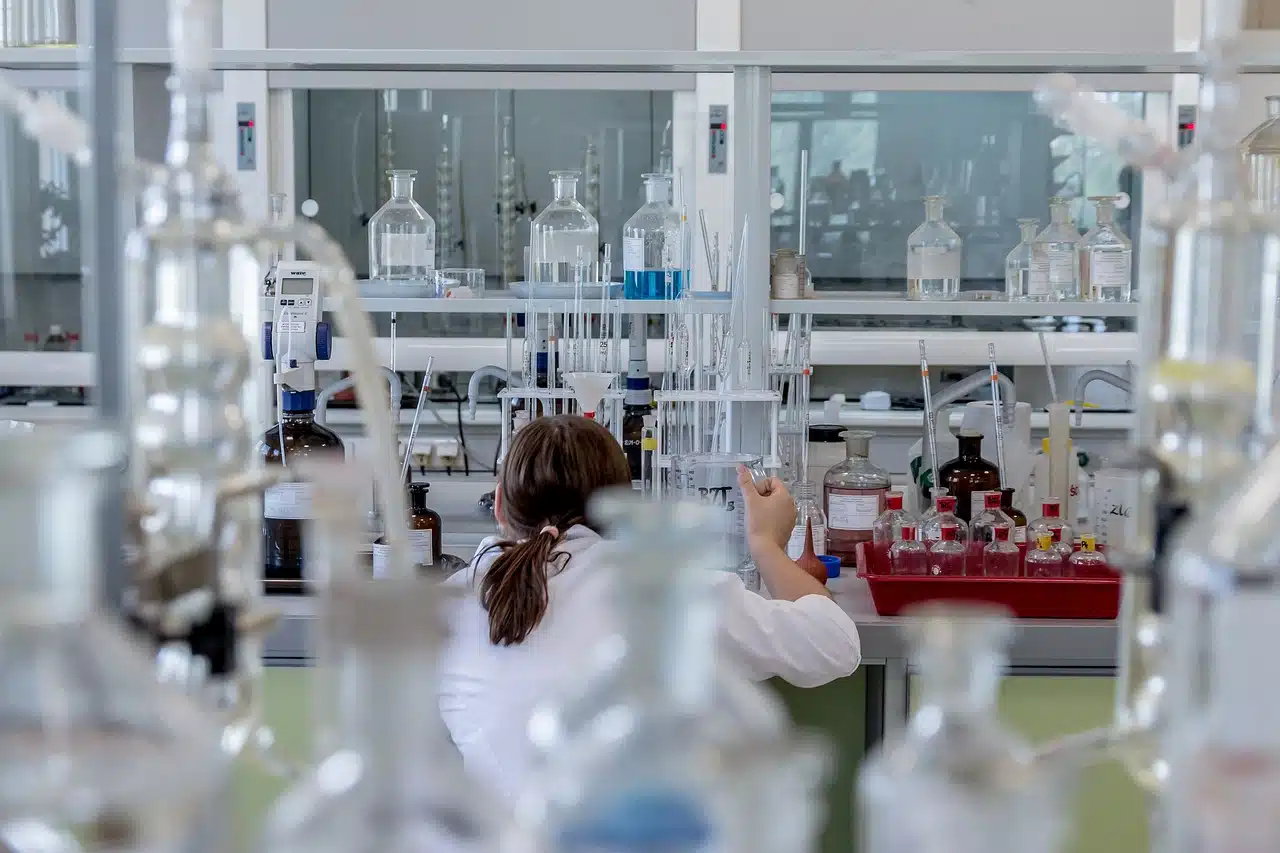
The analytical method is based on repeatability and reproducibility for the validation of its knowledge.
The analytical method is a type of scientific research based on empirical reasoning and experimentation . This is a model used by empirical sciences, both natural and social.
It can be indicated that the analytical method is a work methodology used by scientists. Its purpose is the production of knowledge based on what can be observed in reality.
Stages of the analytical method
The stages of the analytical method are the steps that must be carried out in an investigative process guided by this pattern. There is no single formalization of these phases, so the list may vary depending on the author considered.
In the broadest sense, the analytical method requires that the research problem be already identified before its development. With this clear, we must proceed to formulate the hypothesis that we intend to demonstrate with the investigative work.
The next stage consists of collecting the data that will later allow the hypothesis to be tested or not. Based on its analysis and the results obtained, it is finally possible to confirm a theory as a conclusion or advance a reformulation to continue working.

The principles applied by the analytical method contribute to the assessment of its conclusions.
The generation of knowledge
The generation of knowledge through the analytical method is part of what is known as the scientific method . In other words: the analytical method is one of the possible models for the development of the scientific method.
Respect for the scientific method is what allows us to differentiate between science and pseudoscience . Whoever follows the scientific method carries out a task of systematic observation, experiments and measures variables to formulate a hypothesis.
The experiments in question must be reproducible for the results to be repeated. To examine the hypothesis, on the other hand, it has to be subjected to peer review. In this way, by meeting these requirements, the scientific method aims to obtain knowledge that is considered valid thanks to its reliability.
The analytical method and empirical logic
The analytical method is based on empirical logic . This logic consists of the observation of reality for the development of reasoning .
When the links between what is perceived and its relative changes are observed, knowledge can be generated. This empirical view of logic emerged in Ancient Greece and has Aristotle as its main reference.
Empirical logic goes hand in hand with experimentation . The phenomena, in this framework, are observed and reproduced under controlled conditions, working with various variables.
Because it is based on reasoning and actions of this kind, the analytical method is also known as the empirical method or empirical-analytical method .

The analytical method is one of the ways that a scientist has when developing research.
Main features
The analytical method is characterized by its facticity . This means that it works with reality phenomena. On the other hand, you accept that your conclusions may be modified and corrected.
Another feature of the analytical method is the importance it attributes to sampling . If a sample is not collected correctly, conclusions are reached that may be wrong or useless.
With the real facts selected and after taking samples, the analytical method verifies the hypothesis empirically. It does not contrast the postulates with a dogma or following common sense: what it does is use perception to contrast the hypothetical with reality and specify the interpretation of the results.
It can be said that the analytical method allows us to go from phenomena to laws. The observation of concrete facts precedes the postulation of the laws that, according to the data analysis carried out by the scientist, govern those events. Therefore, with this method you first see the effects or consequences and then access the causes or origins.
Quantitative research in the analytical method
The analytical method is linked to the quantitative analysis of data . This investigative strategy consists of the quantification of the information that was collected for the sample.
In an empirical investigation, there are phenomena that can be observed to study their relationships. Through various techniques, such as the use of statistics , algorithms or mathematical models , quantification can be carried out and thus know how the variables intervene with accuracy and precision.
A qualitative analysis , on the other hand, starts from observation to collect data that is not numerical and then deploy an interpretive view. While the analytical method that quantitatively analyzes the information begins with a hypothesis raised a priori, in qualitative research the construction of the hypothesis is done when progress is made with the investigative task.
It must be considered that a research work that follows the steps of the analytical method may include actions or facets typical of descriptive or qualitative studies. However, experimentation requires measurement and quantification so that the conclusions are reliable.
The concept in other areas
It should be noted that, beyond what is understood by the analytical method associated with the scientific method, the idea appears in other areas, referring to procedures, techniques and instruments that are applied to carry out an evaluation .
An analytical method can be used to verify the quality of a product, know the components of a substance or identify a quality or characteristic. Under the notion, therefore, different actions and processes can be included.
